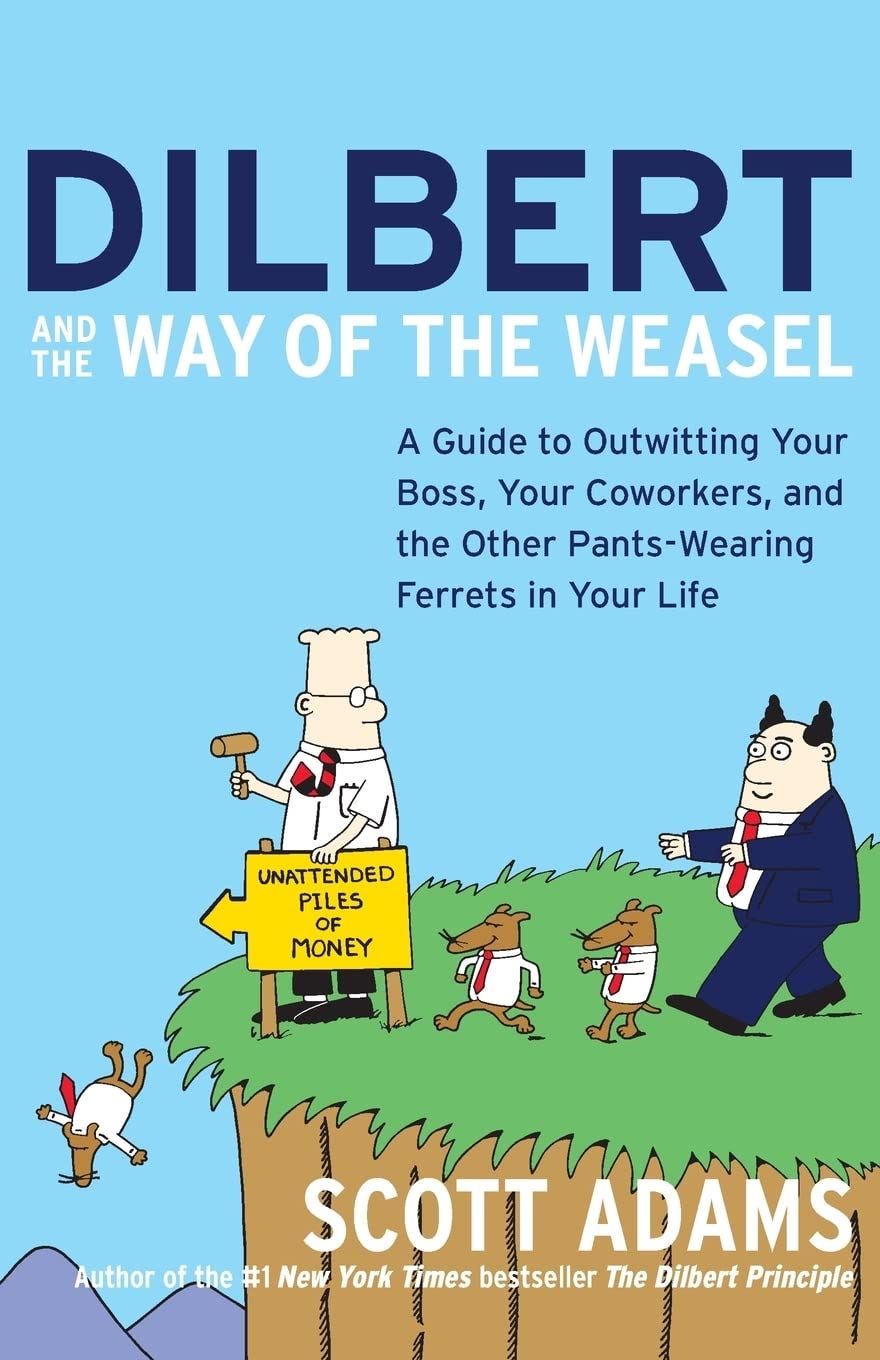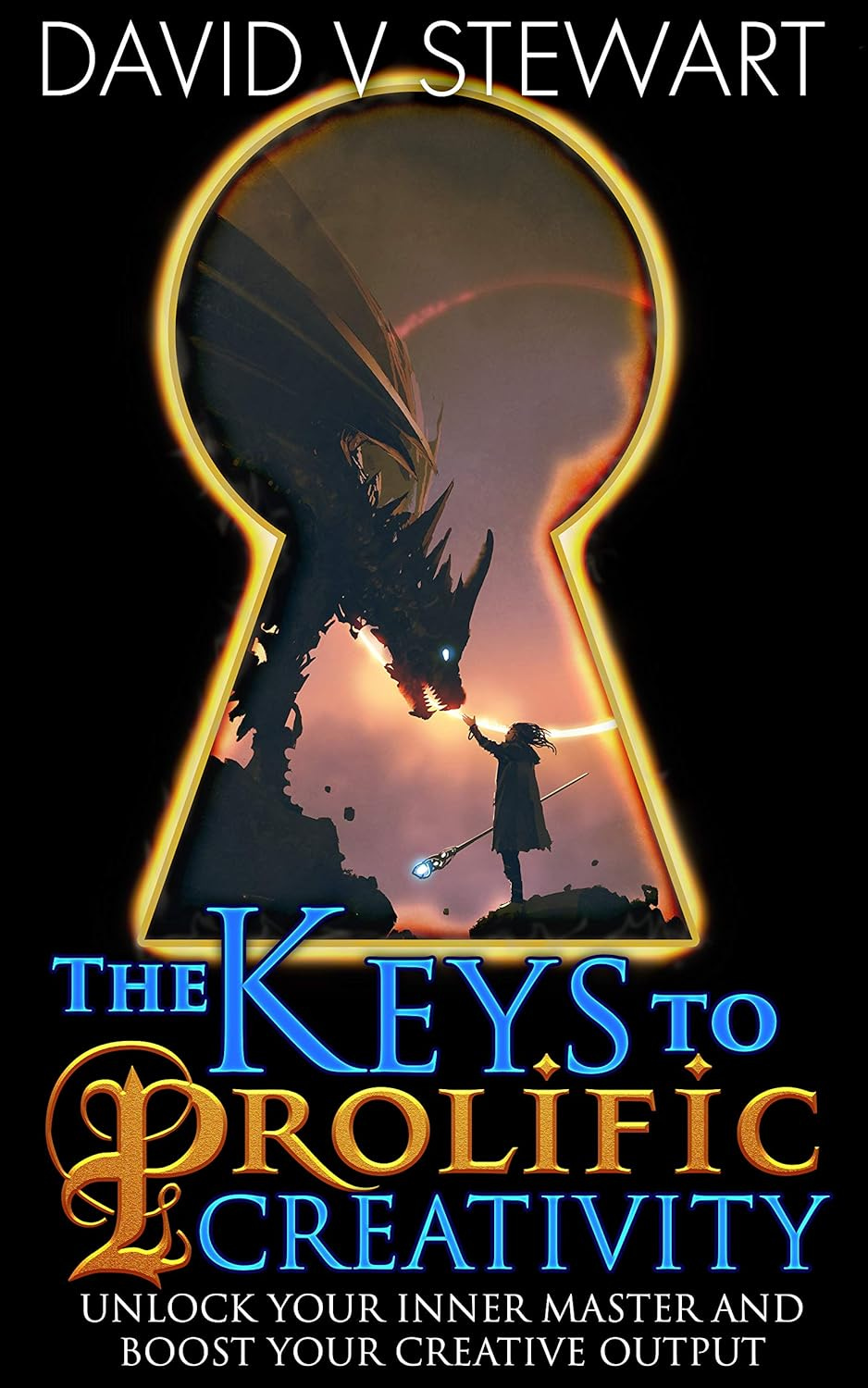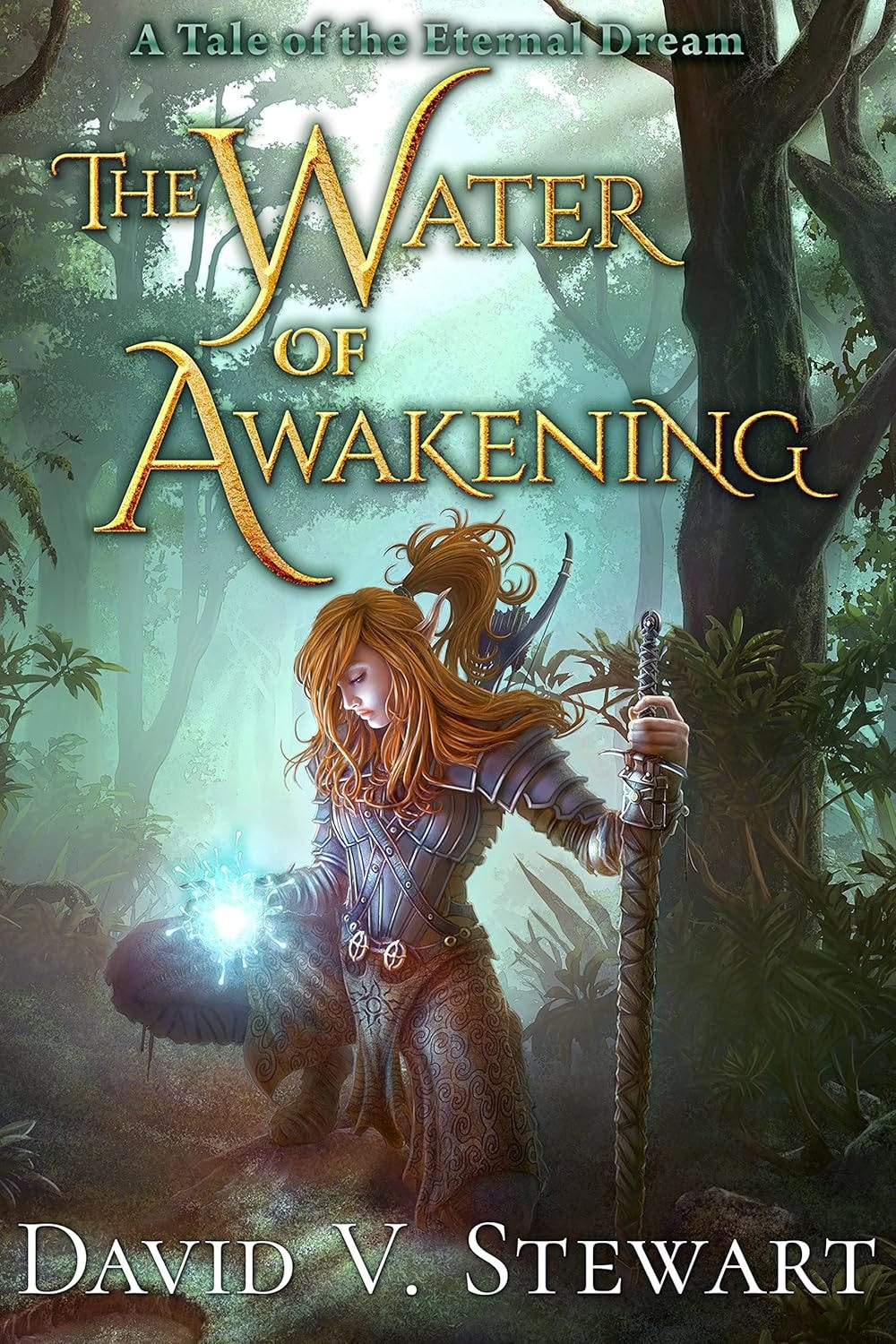Scott Adams has terminal cancer.
https://x.com/ScottAdamsSays/status/1924464966792610224
He revealed this on his morning livestream – and it is the same metastatic cancer that is currently afflicting former president Joe Biden. He chose to reveal this on the same day to sort of “fly under the radar” of the big announcement from an ex-president. He doesn’t want to be thought of as a “Cancer guy,” which I take to mean that he doesn’t want people’s concept of him to be an infliction rather than the things he does, which are facing the world. This is not to denigrate anyone suffering from a severe illness, but to acknowledge that treating a serious illness like cancer is something you do in order to live, not life itself.
And, unfortunately, the treatment doesn’t always work. Does that make it futile? I don’t think so.
This is a theme that is present in a few of my works, not with cancer per se, but in acknowledging that struggles are often worth the effort even they are not successful. It is not a wasted life to try at anything and be unsuccessful.
I really don’t want to give away any spoilers in King Leper, as most people have not yet had the opportunity to read the book, but this is an important theme throughout the narrative, as two of the characters (Fulbert and Erling) are suffering from profound conditions that they seek to cure and must, in that process, come to grips with issues in the world that are bigger than that. This also goes with what I call the “muted victory” in Water of Awakening, the first book in the Eternal Dream series, where Erling’s illness can only be cured at great cost to himself and his wife. He is revived, but by poison which will kill him in time. Sometimes victory comes at a hard cost, or is less total than one would like, and we (or the characters) must learn to accept these limitations. Or, on the converse, struggling against those limitations is not itself a waste.
My approach to this is nothing new. Tolkien made use of this in The Lord of the Rings as well as the various stories in The Silmarillion. The biggest criticism I have of the film adaptations of The Lord of the Rings is not the omission of Tom Bombadil or the Barrow Wights, but the fact that the real ending of the book is absent. The hobbits returning home to a ruined Shire is a more profound ending than what we get on screen, and hammers home the reality that the great evil can be vanquished, but evil as a force can never be totally eradicated until Christ’s return. The peaceful hobbits must become warlike to save the Shire; innocence cannot be wholly preserved in the fallen world. Likewise, Frodo can never be fully healed from his injuries or the scars of the ring in the mortal world. Those consequences do not mean that heroism was in vain, but rather the opposite. Mortal acts, in that classical sense, are more heroic.
There is a kind of heroism to Scott Adams continuing to do his thing while dealing with an admittedly painful and terminal illness. At the same time, I respect the sentiment that he doesn’t want to be known for that. Even now, he isn’t resting on his laurels but continuing to do what he has always done – following his process, to the best of his ability. One cannot deny that his focus on the process of work has yielded some serious creative and social returns.
I’ve been a fan of Scott for longer than most people I know. I loved the Dilbert strip back in the 90s and 2000s, and thought Adams had a real gift of wit that came from a deep understanding of the human condition. The strip was about fallen people inhabiting the corporate machine, and the comedy comes from the absurdity of that situation. His books that get a lot of attention now, like How to Fail at Almost Anything and Still Win Big are great, but my personal favorite is one of his comedy books – Dilbert and the Way of the Weasel, which I found very insightful into personal behavior patterns in depersonalized systems (“People are weasels”) and I still think about it often. I read his blog and was inspired by the book drawn from it: Stick to Drawing Comics, Monkey-Brain. Scott is a cartoonist and yet has never shied away from moving into other realms and other forms of media. The cartoon itself is him operating in two domains at once, so why couldn’t he also operate outside of the domain of comedy? He never set limitations on himself like that, and his contributions to political discourse in the last 10 years have been substantial. While you are unlikely to agree with him on every issue, he is very persuasive and is also able, like a good magician, to show how it all works, which is just as valuable as his conclusions, if not more so.
The publishing industry changed, and he changed with it. He has used the tools of the new internet to carve out his niche and affect broader culture at the same time. He was brave enough to speak his mind and suffered the consequences. He can talk about, and joke about, just about everything. Chances are that if he had “stayed in his lane,” you wouldn’t know who he is.
It’s hard to calculate what his loss will mean. At least, it’ll be a drabber world, one with less cleverness and humor, and probably one with a bit less courage as well. But he’s not gone yet! Let’s not forget that. We should love people while they are with us.
I am an independent artist and musician. You can get my books by joining my Patreon, and you can listen to my current music on YouTube or buy my albums at BandCamp.








I, too, was a big fan of Dilbert in the 90s and early 2000s. I am not sure why and how I found it so funny, as the only job I had in the 90s was being the local newspaper delivery girl. But I still saw people I knew in it, or personalities from the shows my parents watched.
And his books were funny as all get out. I forget which one featured a bunch of office pranks, and I never did any as awesome in his books, but I can say that it inspired a lot of good, light-hearted fun when I did finally get an office job.
He was putting into words stuff that probably inspired The Office long before The Office was a thing.
Kudos to you for grappling with the more multifaceted, mature themes that post-Ground Zero pop culture shuns. Popular entertainment needs grounding in morals deeper than "Consensus good!" and "Revenge bad."
As for Adams, while he'll be remembered as a landmark cartoonist, his tragedy is that he never landed the regular spot on Fox News he'd been angling for since 2016. Let's pray that his affliction opens him to the graces of final repentance and conversion.